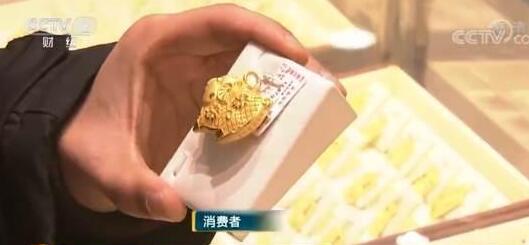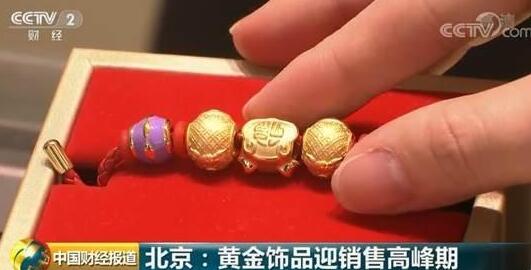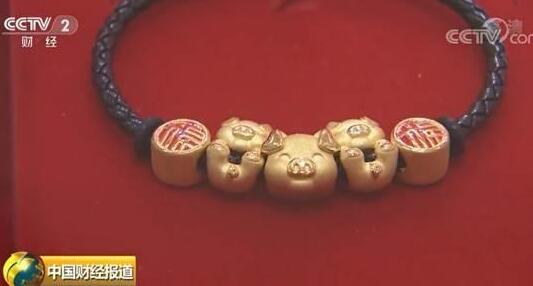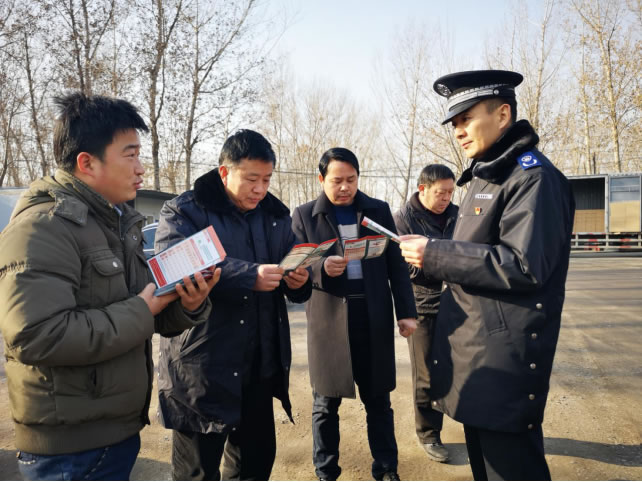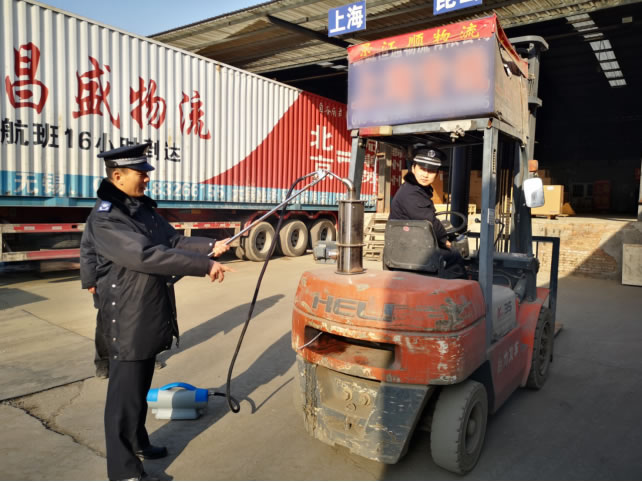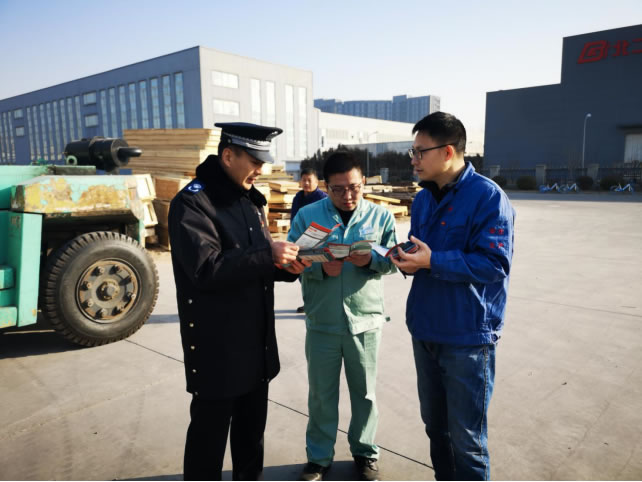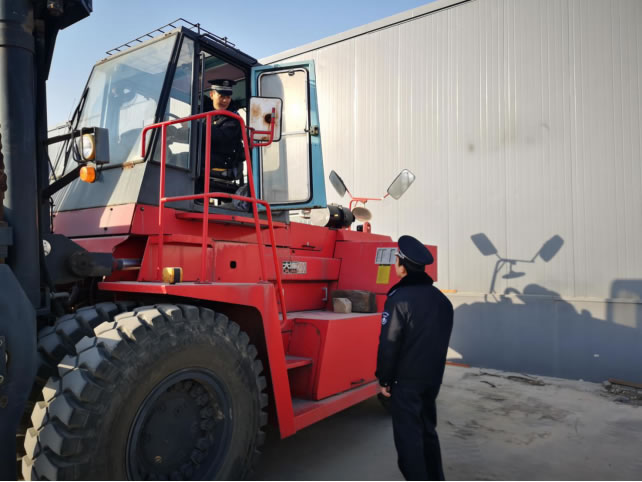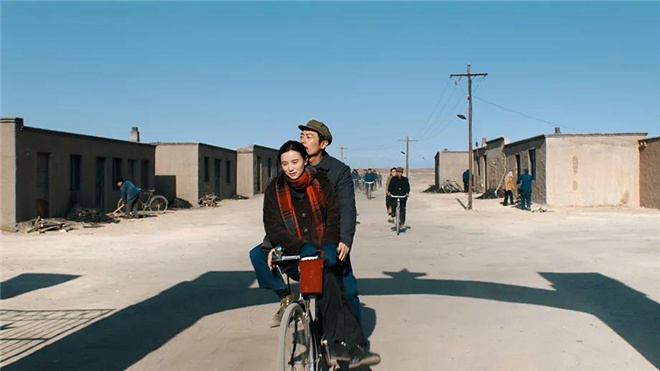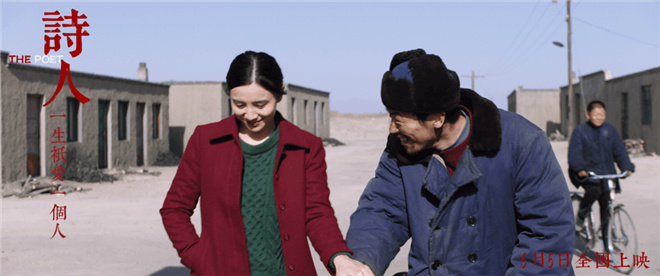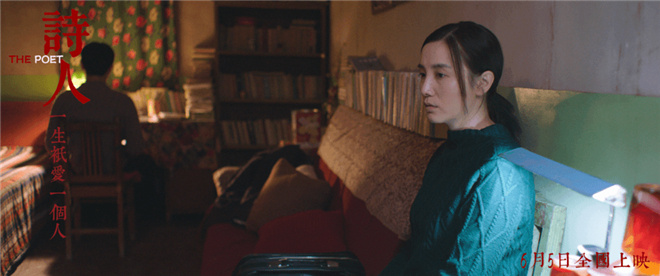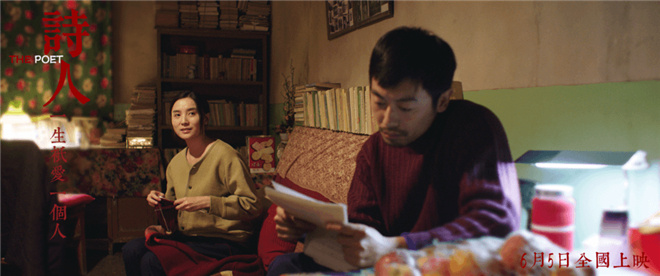The so-called "writing your own articles" is a summary of Mao Zedong’s writing style, which he explained and explained, that is, he insisted on writing his own speeches, reports, academic articles, and did not need others, including his so-called friends and comrades within his jurisdiction. Mao Zedong once made it clear that it is dangerous for leading cadres to let others write articles on their behalf.
First, "I wrote all my documents by myself"
Mao Zedong’s life of participating in and leading China’s revolution and construction can also be said to be a life of writing articles on ideological and political education. On the banks of the Xiang River in Hunan Province, young Mao Zedong devoted himself to the great revolutionary cause and wrote a masterpiece that shocked the world. Under the kerosene lamp of the octagonal building in Jinggangshan, on the long journey of the Red Army’s Long March, in the caves of the Loess Plateau in northern Shaanxi, and in the office of Zhongnanhai in Beijing, he wrote thousands of great works to mobilize and educate the whole party, the whole army and the people of all ethnic groups throughout the country to fight for China’s revolution and construction. After studying Mao Zedong’s articles for many years, I feel that an important feature of his style of ideological and political education is "writing your own articles". Reading all kinds of versions of Mao Zedong’s biography, what I see most is that various meetings held by the Central Committee discussed and passed a certain document drafted by Mao Zedong, or the meeting decided that Mao Zedong was responsible for drafting the document. The Biography of Mao Zedong published by the Central Literature Publishing House clearly records: "All the works of Mao Xuan were written by Mao Zedong himself. Only a few speeches were edited and finalized by others according to his speech records. " He once said, "I write all my documents by myself. It’s just that when I’m sick, I speak and others write for me. In 1947, I wrote The Current Situation and Our Tasks, which was written by Jiang Qing. I revised it after she wrote it. After I revised it, I asked En Lai and Bi to talk about it, and then I changed it. After you watch it again, broadcast it. It is dangerous to ask others to write articles. At that time, many articles criticizing the Kuomintang, issued by Xinhua News Agency, were written by myself. "(2) According to Jiang Zemin, Mao Zedong’s security staff in Yan ‘an, it was very hard for Mao Zedong to write articles. At that time, there was no electricity in Yan ‘an area. At night, when Mao Zedong wrote an article, he lit a candle, and the candlelight was dim, which affected his eyesight and easily made his eyes tired. When Mao Zedong was tired of writing, he rubbed his sore eyes and continued to write. After a night, his face is often covered with smoke and dust. British writer Dick? In his Mao Zedong, Wilson described in detail: During his three months in Yangjiagou, Yan ‘an from the beginning of 1948 to March, Mao Zedong kept writing books and comprehensively summarized various issues from military strategy to dealing with the middle class in the liberated areas, land reform, economic policy, democracy within the army, administrative efficiency within the party and so on. When my handwriting is numb, I exercise my fingers by holding a stone. ① To study Mao Zedong’s writing style, the author thinks that the first thing to learn is Mao Zedong’s writing style of "writing your own articles".
Second, write in the name of others when necessary.
Mao Zedong not only insists on writing his own articles, but also often writes articles in the name of others when necessary. From his style of writing, we feel that Mao Zedong wrote articles for his career, to solve problems, not for his personal "name".
(a) written in the name of the Central Propaganda Department
From August 22 to 25, 1937, the Central Committee held the Luochuan Conference in northern Shaanxi. At that time, the anti-Japanese war situation was that the government’s anti-Japanese war had begun and won the support of the people, but the people had not participated in it on a large scale. In this context, the Luochuan Conference studied political tasks, military affairs, the relationship between the Kuomintang and the Communist Party, and discussed and adopted the Central Committee’s Decision on the Current Situation and the Party’s Tasks, the Ten-Point Program for Resisting Japan and Saving the Nation, and the Struggle for the Victory of the Anti-Japanese War. Among them, the article Struggle for the Victory of the Anti-Japanese War was a propaganda and agitation outline drafted by Mao Zedong in the name of the Central Propaganda Department.
(2) Written in the name of Xinhua News Agency.
Mao Zedong often wrote articles for or in the name of Xinhua News Agency according to the needs of the situation and tasks, and this habit was maintained until his later years. Among them, the most classic is the military propaganda report he wrote in order to cooperate with major campaigns during the war years, which was timely and powerful. In 1948, the People’s Liberation Army turned into a full-scale counterattack. While directing the three major battles of Liaoshen, Huaihai and Pingjin, Mao Zedong also directed the Xinhua News Agency to publicize and report major battles, which complemented the military operations.
1. A review of World War I.
On October 22, 1948, our army in the Central Plains liberated Zhengzhou. On the same day, Mao Zedong wrote the news of "Our Army Liberated Zhengzhou" for Xinhua News Agency, highlighting the strategic significance of occupying Zhengzhou by explaining the geographical background. It is pointed out that Zhengzhou is the intersection of Pinghan and Longhai railways and has always been a military center. Because of the emergency in Xuzhou, Chiang Kai-shek was forced to transfer three armies stationed in Sun Yuanliang of Zhengzhou Corps to the east. Zhengzhou garrison was weak, and when our troops arrived, they fled desperately. At present, the zhongmou county in the east and west of Zhengzhou and the Yellow River Bridge on the back are cut off by our army, and the fleeing enemy will be quickly annihilated.
2. Many comments on World War I
On November 5, 1948, Mao Zedong wrote the news that our army occupied Nanyang in the Central Plains for Xinhua News Agency, which was a rare masterpiece. Firstly, the article brilliantly uses the historical background to explain the strategic significance of our army’s occupation of Nanyang, which writes: "Nanyang is Guwan County, where Cao Cao and Zhang Xiu fought for the Three Kingdoms. Liu Xiu, the later Emperor Guangwu, fought here, launched a war against Wang Mang Dynasty and founded the post-Han Dynasty. Twenty-eight nights, that is, Liu Xiu’s 28 main cadres, were mostly born in Nanyang. " Then, with a change of pen, we discussed the war situation through our army’s one-year record: "In July last year, since the People’s Liberation Army on the southern line began to make a heroic March behind enemy lines, in more than a year, besides annihilating a large number of regular Kuomintang troops, the greatest achievements were in Dabie Mountain (Hubei and Henan), western Anhui, western Henan, southern Shaanxi, Tongbai, Jianghan and Jianghuai areas (that is, eastern Anhui) ? Bai Chongxi often said,’ I’m not afraid of communist party’s fierceness, but I’m afraid that communist party will take root’, and he was right. We are in all areas of Jianghuai and Hehan, not only trees, but also forests. Not only did it take root, but it also flourished. " (1) Hu Qiaomu later pointed out that when recalling this past, press releases like "Our Army Occupied Nanyang in the Central Plains" were not the second in the news history of ancient and modern China and foreign countries. This article is very elegant, concise and natural, and naturally links the war of liberation with allusions in China’s history.It just reflected that our victorious March at that time was full of sweeping style.
3. Series of comments
Since January 1949, in order to meet the needs of the political and military struggle at that time, Mao Zedong has successively written Comments on War Criminals for Xinhua News Agency (January 5), Why did the divided reactionaries cry for "all-round peace" in vain (February 15), The Kuomintang reactionaries changed from "calling for peace" to calling for war (February 16), and Comments on the Kuomintang’s responsibility for war. "(April 4) and other articles. This series of news comments, like a round of accurate artillery shells, effectively cooperated with our party’s struggle against American imperialism and its lackeys, the Kuomintang reactionaries, and also left a brilliant chapter in the party’s news propaganda history.
(three) written in the name of the spokesman.
In March 1948, Mao Zedong, in the name of the spokesman of the People’s Liberation Army of China, drafted "Comment on the Great Victory in Northwest China and Comment on the New Army-building Movement of the People’s Liberation Army". At that time, the background was that the attack of the Kuomintang army in the northwest battlefield had been shattered, the People’s Liberation Army had turned to attack, and a large number of Kuomintang officers and men either rebelled and surrendered or were captured and incorporated into our army. This commentary written by Mao Zedong emphasizes the great significance of using the methods of "complaining" and "three investigations" to carry out the new army consolidation movement. Complaining is complaining about the sufferings given to the working people by the old society and reactionaries; The third check is to check the class, check the work and check the fighting spirit. The commentary said that after the great victory in the northwest, the liberation army carried out a new army consolidation movement by complaining and three investigations, which made the Kuomintang soldiers who had just joined our army become effective PLA overnight, proving that the People’s Liberation Army will be invincible in the world.
(4) Writing in the name of subordinates
Few leading cadres can do this now. Usually, what you can often hear is that government departments or someone write speeches and articles for leaders. Some government officials even say, "When you write speeches for leaders, leaders can have a clear idea, so don’t change and burn incense." It is rare to hear leaders write articles in the name of subordinates or subordinates. In this respect, Mao Zedong is a model for us to learn. All the articles he writes according to the needs of the situation and tasks are not necessarily in his own name, and whoever publishes them in his own name will be used.
1. Write in the name of Xu Xiangqian.
On October 18th, 1936, Mao Zedong wrote to Hu Zongnan in the name of Xu Xiangqian according to the needs of the military front struggle between the Kuomintang and the Communist Party, saying that the two sides should put aside their differences and mend fences. Xu Xiangqian, a native of Wutai, Shanxi Province, was born in the first phase of Whampoa Military Academy and was then the commander-in-chief of the Fourth Army of the Red Army. Hu Zongnan, a native of Xiaofeng, Zhejiang Province, was born in Huangpu Phase I and was then the commander of the First Kuomintang Army. In a letter written in the name of Xu Xiangqian, Mao Zedong said: "If our teachers, students and classmates can put aside their differences, restore the United front of the Kuomintang and the Communist Party, and fight to the death against Japanese imperialism, the greatest enemy of the Chinese nation, and defend the country and the people, revenge and revenge will be today." The next day, Mao Zedong sent this letter of credit telegram to Zhu De, Zhang Guotao, Xu Xiangqian and Chen Changhao, and asked them to "please send it to Hu Zongnan by special letter, and print multiple copies and send it to all armies." ①
2. Write in the name of Zhu De
In August 1945, when the Japanese invaders announced their surrender but had not yet implemented it, Chiang Kai-shek’s government, with the assistance of American imperialism, attempted to monopolize the right to accept Japan’s surrender, and under the pretext of being surrendered, dispatched troops to attack the liberated areas and actively prepared for civil war. On 13th and 15th, Mao Zedong wrote two telegrams to Chiang Kai-shek in the name of Zhu De, Commander-in-Chief of the 18th Army. The first one exposed Chiang Kai-shek’s counter-revolutionary features and educated people all over the country to be alert to Chiang Kai-shek’s civil war plot. The second telegram further exposed Chiang Kai-shek’s plot to prepare for civil war, and put forward communist party’s six propositions on stopping civil war. These two telegrams played a very important role at that time, and they were also famous in many messages written by Mao Zedong in the name of Zhu De. Later, they were published in Volume 4 of Selected Works of Mao Zedong, entitled "Two Telegrams from the Commander-in-Chief of the Eighteenth Army to Chiang Kai-shek".
3. Write in the name of Zhou Enlai
In 1950, the situation in Pyongyang was tense. Mao Zedong is highly concerned about this, and he thinks deeply and carefully about how to help them, sometimes even taking into account the specific work details. At 1 a.m. on October 15th, Mao Zedong drafted a telegram in the name of Foreign Minister Zhou Enlai to China’s Ambassador to the Democratic People’s Republic of Korea Ni Zhiliang to the Prime Minister of the Democratic People’s Republic of Korea Kim Il Sung. The telegram wrote, "Please send a comrade who is familiar with the road to Anton to meet with Comrade Peng Dehuai and Comrade Kim Il Sung on October 16th. If Ambassador Ni can’t find Comrade Kim Il Sung, please send someone to Anton to meet him. Zhou Enlai on October 15th at 1 am "(1).
4. Write in the name of Peng Dehuai.
After the founding of the People’s Republic of China, Chiang Kai-shek’s Kuomintang clique retreated to Taiwan Province and, with the support of U.S. imperialism, constantly harassed and destroyed the mainland. In August 1958, the Central Military Commission decided to shell Jinmen. In order to oppose the United States’ plot to create "two China" and expand the contradiction between the United States and the Taiwan Province authorities, Mao Zedong sized up the situation and instructed Fujian frontline troops to stop shelling for two days at 8: 00 on October. At 2: 00 a.m. on October 6th, the Letter to Taiwan Province Compatriots drafted by Mao Zedong, the Minister of National Defense Marshal Peng Dehuai, was published. It was announced that the shelling would be stopped for seven days temporarily, and it was suggested that negotiations should be held to implement a peaceful settlement. In the early morning of the 13th, the Fujian frontline radio station broadcasted the order of Marshal Peng Dehuai, the defense minister drafted by Mao Zedong, to the Fujian frontline People’s Liberation Army: "From today, the shelling of Kinmen will be stopped for another two weeks, so as to observe the enemy’s dynamics and make the Kinmen military and civilian compatriots fully replenished, including food and military equipment, so as to help them stick to it." (2) In December 1961, following the instructions of the Central Military Commission on maintaining the stability of the Taiwan Province Strait and not taking the initiative to attack the Kuomintang troops in Kinmen, Fujian frontline troops took the initiative to stop the live-fire shelling. At this point, the shelling of Kinmen was over.
Three, the approval of the message carefully rewritten
Another advantage of Mao Zedong’s style of writing is that he takes his handwritten messages very seriously, and whenever he thinks it is necessary, he personally corrects them and takes pains. On the surface, Mao Zedong is responsible for writing, but in essence, he is responsible for his work and career, which is well worth studying by every leading cadre.
(A) the title changed to attractive
There are many such examples, and the typical one is the revision of the book "Socialist Climax in Rural China" after the founding of New China. This material book, called "Encyclopedia of Cooperative Movement", was edited by Mao Zedong in 1955. It collected 176 materials from all over the country, with more than 900,000 words. Mao Zedong personally wrote two prefaces and notes for 104 articles, which comprehensively reflected his basic guiding ideology for the agricultural cooperative movement and socialist construction, and also reflected the good wishes of the Chinese people for getting rid of poverty quickly and making the country rich and strong. Its publication has had a great impact on China’s socialist revolution and construction. According to Pang Xianzhi’s recollection, Mao Zedong redrafted the titles of most materials in the book "Climax", and changed some long, cumbersome and headache-making titles into vivid, vivid and powerful ones, which highlighted the theme of the article. For example, the original title of the material is "How People’s Livelihood and People’s Strong Agricultural Production Cooperatives in Zhan Zhuangzi Township, Dongxiao District, Tianjin, mobilize women to participate in field production", with a total of 33 words, and Mao Zedong changed it to "Women on the Labor Front", which is simple and clear, and captures the theme, making readers have an impression at a glance. Another example is the original title, "How did Daquan Mountain change from a desolate earth mountain into a tree-lined mountain full of flowers and fruits?" ",Mao Zedong changed to" look! Daquanshan has changed. As can be seen from the preserved manuscripts and various proofs, some titles were revised by Mao Zedong after repeated scrutiny. For example, the material of the Sanlousi Agricultural Production Cooperative,At the time of publication, the topic was "Lessons from the Almost Collapse of Sanlousi Agricultural Production Cooperative in Jieyu County, Shanxi Province". When reading the first proof, he changed it to "Lessons from the Almost Collapse of Sanlousi Agricultural Production Cooperative in Jieyu County", and when reading the second proof, he changed it to "Serious Lessons". ①
(2) The argument is changed to impeccable.
At the beginning of 1939, the friction between the Kuomintang and the Communist Party began to increase. In order to do the work, in the name of Xiao Jinguang, director of the rear office of the Eighth Route Army, the CPC Central Committee sent many cables, statements and notices to Chiang Kai-shek, Hu Zongnan and even the teachers and commissioners of the Kuomintang. These messages issued in the name of Xiao Jinguang were basically reviewed and revised by Mao Zedong himself. Xiao Jinguang recalled that when Mao Zedong revised these messages, he chose his words carefully and took great pains. In revising Xiao Jinguang’s telegram to Chiang Kai-shek and others, Mao Zedong deliberated repeatedly, and finally rewrote it into a passage like this: "At present, the Japanese invaders invaded the west on a large scale with a division, and Liulin and Jundu fell one after another. Our river defense forces are doing their best to give them a beating, and the fighting has been fierce for days. At present, the enemy is formidable, and there are disputes in the rear. It is really inappropriate to have another one. If one side is desperate to kill the enemy in the front, and the other side takes the opportunity to compete for the rear, it will be tantamount to using the blade to fund the enemy, and the future is dangerous. What can we imagine! ?” The subtext in this passage is to warn the die-hards not to continue to collude with the Japanese puppet government. When revising a telegram to Cheng Qian and Zhu Shaoliang, Mao Zedong added the sentence "It is reported that all actions are based on the newly issued plan to deal with the communist problem, but the subordinates only follow this plan", pointing out that the following people create friction, which has roots. In reviewing and correcting the telegram involving the invasion of our border area by Kuomintang troops, Mao Zedong repeatedly added the following words: "The range of 23 counties in the border area was designated by the generalissimo", and our army "did not cross the line of the original 23 counties". What this means is that you, Lao Jiang, personally admitted the 23 counties in the border area.It was decided after discussion at a formal meeting of the Kuomintang. Now you send troops to invade and renege, don’t you just hit yourself in the mouth? Xiao Jinguang later recalled that he had a better idea of how to adhere to the struggle strategy of combining principle with flexibility when he carefully pondered these words modified by Mao Zedong. (1) the author through careful study of these messages modified by Mao Zedong, truly realized that the revision of messages is not a trivial matter, it is not only a matter of writing level, but the embodiment of the overall level of a person, a group or even a party in specific messages. Only when you have the overall situation, ideas, methods and writing skills can you change a sentence or even a word in the message. To learn this style of writing in Mao Zedong, we need to learn from more aspects.
(C) the core points changed to specific and clear
Before the founding of New China in 1949, Zhou Enlai was responsible for drafting the draft Common Program of China People’s Political Consultative Conference. From September 3 to 11, when Mao Zedong revised this draft, he rewrote the following sentence: "When people’s congresses at all levels are not in session, government organs at all levels are people’s governments at all levels. The highest organ of state power is the National People’s Congress. When the National People’s Congress is not in session, the Central People’s Government is the highest organ exercising state power. " (2) The author has carefully studied the three sentences rewritten by Mao Zedong on the Common Program, and feels that each sentence is policy-oriented and will be implemented by the whole party and the whole country in the future. It should be said that all this was carefully thought out by Mao Zedong, and he should be highly responsible and stand the test of practice.
Four, require leaders at all levels to write in person.
Mao Zedong not only wrote his own articles, but also asked other comrades of the Party to write things by themselves, without a secretary. This requirement until his death can be said to be his lifelong requirement. On January 7, 1948, in order to reflect the situation in time, so that the Central Committee may help all localities not to make or make fewer mistakes in advance or afterwards, and strive for a greater victory in the revolutionary war, Mao Zedong stipulated the following reporting system in his article "On the Establishment of a Reporting System": "(1) The secretaries of all central bureaus and sub-bureaus are responsible (do it themselves, don’t do it for them) and make a comprehensive report to the Central Committee and its chairman every two months." "The report is limited to about 1,000 words at a time, and should not exceed 2,000 words at most except in special circumstances", "The content should be concise, the text should be concise, and the problems or disputes should be pointed out", "The date of the comprehensive report is the first half of a month, and the report is sent by telegram". As the chairman of the Party, he personally asked the secretaries of the C.O. bureaus to write reports to the Central Committee "by themselves, without letting the secretaries do it for him", which shows how profound Mao Zedong’s knowledge and understanding of leading cadres’ insistence on "writing their own articles" is.
The opening speeches of the Fifth and Eighth National Congress may be the only exception.
Mao Zedong’s reports and speeches at Party meetings are all made by himself, and he never lets others write for him. According to the biography of Mao Zedong published by Central Literature Publishing House, the opening speech of the Eighth National Congress of the Communist Party of China may be the only exception. On the eve of the opening of the Eighth National Congress of the Communist Party of China in 1956, Mao Zedong wrote two manuscripts to prepare the opening speech of the Eighth National Congress, but they were not finished. Perhaps he was dissatisfied with the manuscript he had written, or perhaps he was too busy at work, and Mao Zedong asked Chen Boda to draft it for him. On September 8th, he wrote to Chen Boda urging the drafting situation, but he was still not satisfied after receiving the manuscript, saying that it was too long and too far away. Then I asked Tian Jiaying to draft it, and said, "Don’t write too long. I’m relieved to have a manuscript in my pocket." There are only a few days before the opening of the conference, which is very urgent. At that time, Tian Jiaying was 34 years old and full of energy. He quickly rushed to write a first draft. Mao Zedong was satisfied with it. After making many important revisions and supplements by himself, Yang Shangkun asked relevant personnel to review and revise it. Later, the manuscript changed better and better, and Mao Zedong was satisfied. At the opening ceremony of the Eighth National Congress, the opening speech of less than 3,000 words was applauded 32 times. This story records that Mao Zedong’s articles are also written by others, but it can be seen that Mao Zedong plays a leading role, and he does not read what others write. At the same time, it also proves from another side that Mao Zedong’s documents are all written by himself or led by him.
